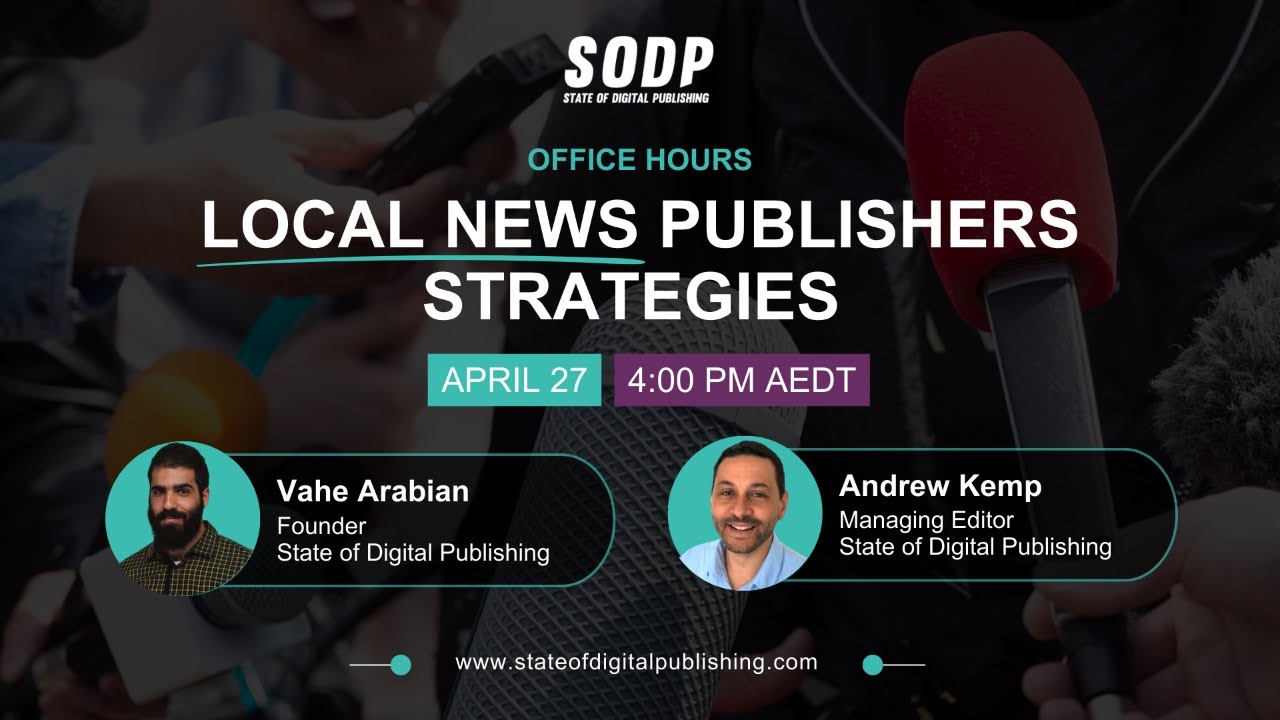Writing content is hard. This is especially the case when it comes to complex subjects that require a deep level of understanding. The credibility of publishers depends heavily on their ability to develop and maintain a deep level of trust with their readers. This is what keeps the readers coming back for more and causes them to spread the good word about your brand. It’s for this reason that you need to ensure that you can tap into subject matter experts where necessary in order to write and fact check your content before you release it into the big wide world where it will be open to scrutiny.
With the recent pandemic, publishers have been looking to quickly source reliable and up-to-date information for their readers. A difficult task when the information on COVID-19 is coming thick and fast. In an instance like this, hiring a scientific writer or virology expert with a PhD adds a high level of credence and authority, not just in the eyes of Google, but most importantly in the eyes of the reader. Scientific writers are adept at conducting literature reviews whereby they gather all existing information, assess it’s academic credibility and condense it into an article which can convey the latest understanding of almost any topic.
Whilst historically it may have been difficult to track down subject matter experts, increasingly websites like Kolabtree are enabling publishers to connect directly with freelance scientists with a deep level of specialist knowledge.
How using scientific writers can help increase your online readership
Use of subject matter experts for writing content has become increasingly popular amongst digital publishers, especially since Google made an algorithm change in 2018. The so-called “medic update” was designed to ensure that any website dispensing information or advice relating to happiness, health and wealth (dubbed “Your Money or Your Life” or “YMOYL” topics), was doing so using writers that were able to demonstrate “Expertise, Authority and Trust” (E-A-T). Some of those that were not were heavily penalised.
The Google Search Quality Evaluator Guidelines reference the importance of writers having appropriate expertise or accreditation, especially in topics relating to medical advice (which should be edited, reviewed and updated on a regular basis). Similar is said of scientific topics, financial advice, legal advice, tax advice, advice pages on topics such as home remodeling (which can cost thousands of dollars and impact your living situation) or advice on parenting issues (which can impact the future happiness of a family) which should also come from “expert” or experienced sources that users can trust.
As well as delivering credibility in the eyes of the reader, relevant author biographies help Google to make an assessment of the expertise, authority and trust, carried by the content authors, and therefore your website. This in turn can affect the visibility of the website in the google results.
In short, there are important benefits to showcasing the author biography alongside the credentials that support their writing.
Subject matter experts for rewriting and fact-checking existing content
Specialist fact checkers with relevant subject matter expertise are useful in cases where publishers have already written their content, or they wish to produce their content in-house, whilst tapping into expert fact-checking resource where necessary.
Not only do expert fact checkers enable the publisher to tick the “E-A-T” box by being able to cite that the content has been fact-checked by an expert with relevant domain credentials, but the publisher can develop a capability for rapidly checking time sensitive content before publishing it.
Many publishers quite rightly focus most of their effort on what to publish next, but if you are a digital publisher, it is also worth considering what to do with older content. Many leave the content as it is, but for long established brands, there can be a treasure trove of opportunity here, as well as some potential hazards. Generally speaking, the main options for older content are to leave it, update it, rewrite it, consolidate it or delete it. The decision criteria taken for this exercise will depend on your objectives.
It’s worth looking out for older content (especially if it is still popular) and refreshing it using a subject matter expert if necessary.
Similarly authors of fictional novels can consult with scientific experts for example to ensure their plot lines are not compromised by a lack of accurate detail. Something that would undoubtedly put off any readers that happen to have a deeper than average understanding of the topic.
Subject matter experts for interviews and media comment
As well as sourcing them for writing and fact checking, publishers are increasingly sourcing freelance scientific experts for interviews or comment.
Publishers looking to discuss an emerging issue for example will be seeking independent experts that they can interview as part of an online article, video or live TV interview. A good example would be a publisher looking for a PhD qualified epidemiologist or public health expert to comment on an emerging pandemic or other health issue. Credible scientific experts can be accessed at short notice enabling the publisher to rapidly develop relevant and topical content, demonstrating authority to their audience.
In most cases, subject matter experts will have devoted their careers to developing an understanding of a certain area. As a result they can speak very passionately about the topic and convey some of that interest and excitement to the audience. Unlocking the passion behind what may on the surface appear to be quite a dry topic can become quite an engaging and informative read.
Scientific Consulting vs Scientific Writing
It’s worth highlighting the distinction between scientific writing and scientific consulting. Scientific writers often do not conduct experimental science but will hold a PhD and be experts in researching and gathering information on any assigned topic. Given a short brief on the desired subject matter and writing style, and a scientific writer will be able to produce a well researched article that summarises the latest understanding of a particular subject area.
In contrast, scientific consulting usually involves approaching a scientist who is active in experimental science. They will be operating in a focussed scientific area, conducting research and experiments to uncover new evidence or learnings. Where publishers are seeking a deeper level of expertise on a narrow topic, consulting with a practicing scientist may be more appropriate, especially when looking for expert comment or media interview for example.
As the publishing landscape gets more and more competitive, publishers need to think creatively about how they can source high quality content for their readers. Scientists who are increasingly making themselves available for freelance work, should not be overlooked as a powerful asset in the publishers toolbox.









